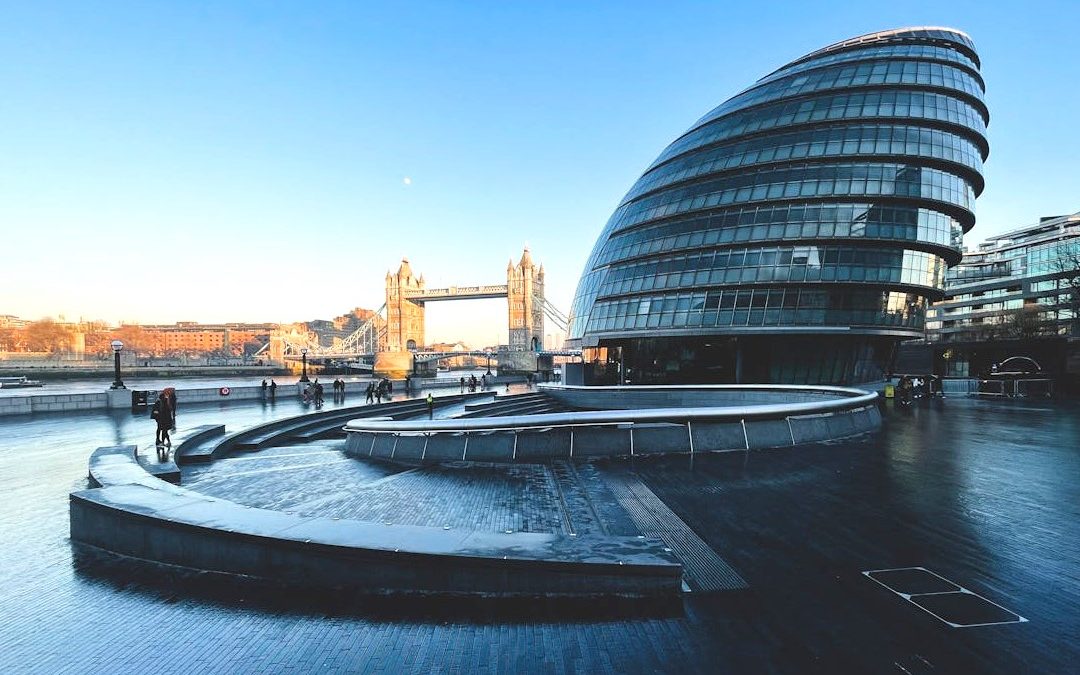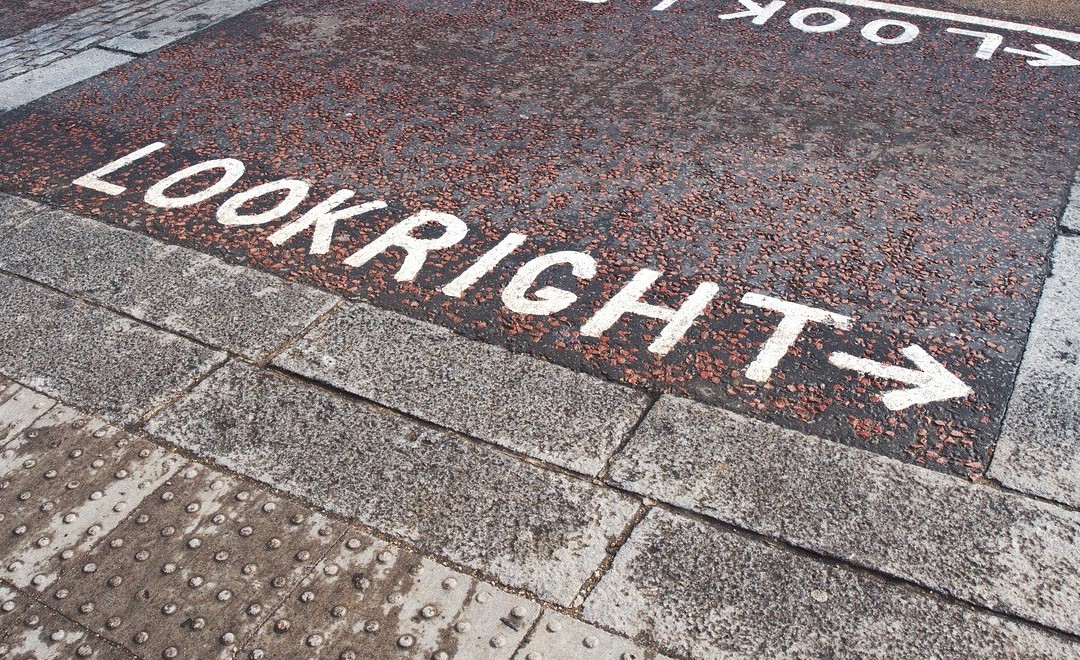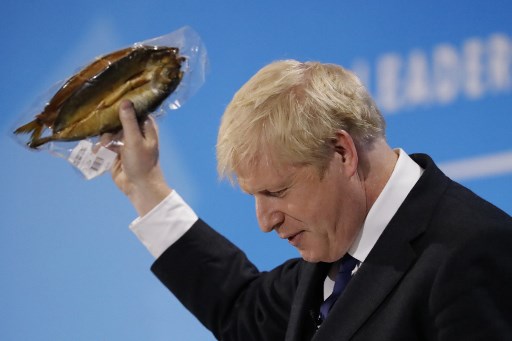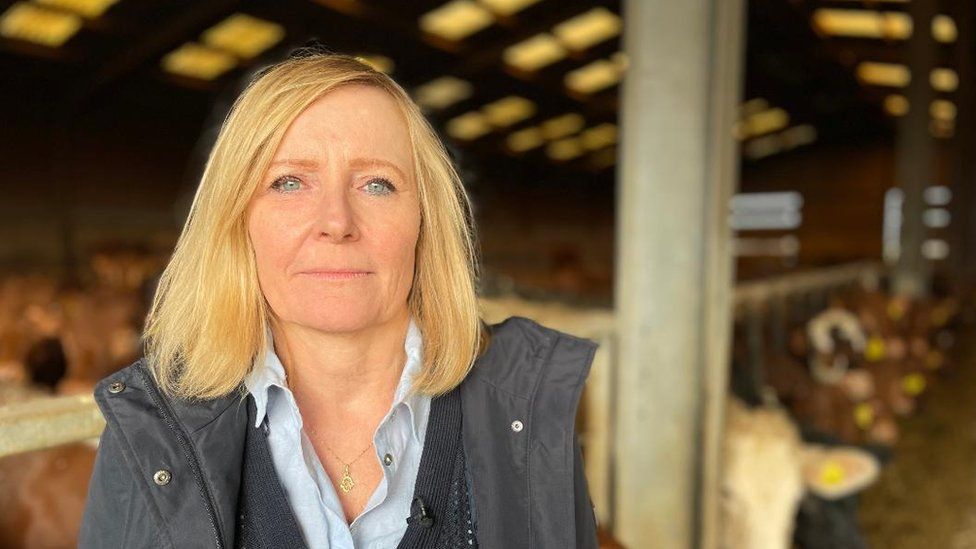
Bremainers Ask… Liz Webster
Liz Webster is the founder of Save British Farming, established to challenge the impact of Brexit on British farming and to oppose the decline in British food, animal welfare and environmental standards. Liz was also the lead plaintiff in the 2017 Article 50 court case vs. the Secretary of State for Exiting the European Union. Liz is actively campaigning to rejoin the Single Market and is a regular anti-Brexit commentator in the media.
Lisa Burton: Apart from rejoining the EU, what policy and legislation would you like to see from the current/future government to help farmers and encourage more food production?
I’d like to see a return of a Resale Price Maintenance Act (the Tories repealed it in 1964 when Tesco was beginning to expand). This stops middlemen and supermarkets from paying producers less than the cost of production. They have a similar mechanism in France. In 2020, the Tories decided to no longer recognise food as a public good and instead made the environment a public good. This means farmers now receive public money for environmental work/projects. However, farmers believe we should produce food AND look after the environment.
Additionally, and worryingly, this new policy is ensuring there are more factory farms, which are also getting larger. Paying farmers to park-keep whilst enabling lower-standard food production/imports to increase is greenwashing! We would like to see a return to food being seen as a public good.
Ruth Woodhouse: Has Labour outlined its plans for supporting farmers if it gains power at the next general election?
Labour have been clear about their Brexit plans for securing a veterinary agreement. I see this as anchoring the Brexitanic. Keir Starmer (in Canada last September) disclosed they don’t want to diverge or lower standards. This is a clear indication that Labour are committed to work for closer alignment with Europe. In addition, Save British Farming have been asked to give evidence to the Rural Policy Group APPG, and to sit on a working panel for a Labour think tank to make policy which will be supplied directly to the Shadow Cabinet. This has given us huge confidence and optimism after 14 years of governance which has been anti-farming.
Over the last four years, Shadow Farming Minister Daniel Zeichner has worked with us, so we feel optimistic he is listening to us. No government survives a food crisis and for sure the Tories have done their best to cook one.
Michael Soffe: There appears to be a widespread misconception that the farming community voted for Brexit. If that is the case, is there now a feeling of regret? If the contrary is true, how do you combat this misconception?
The farming vote on Brexit was split and it’s actually impossible to work out the exact vote. The farming community is actually very diverse, from livestock market employees to farm managers, labourers to farm owners and tenants, as well as suppliers of agricultural goods. Harper Adams University did some research on this and found the vote was actually more about geographical location and education level/age.
The Leave campaign successfully harnessed farming and fishing, and our Union Jack, for their campaign: it’s important we fight to get this back from them. Not all fishermen voted Brexit either!
It is very disappointing that remainers attack Brexit voters and say silly things like, “You reap what you sow”. Destroying British food sees the poorest suffer hardest. It also doesn’t help bring us together by blaming voters. We need to find a place where we agree to find solutions, not blame people – of course we can blame the Tories and Farage, etc! But ultimately Brexit is a war on our food, freedoms and protections, and that is a war on us all.
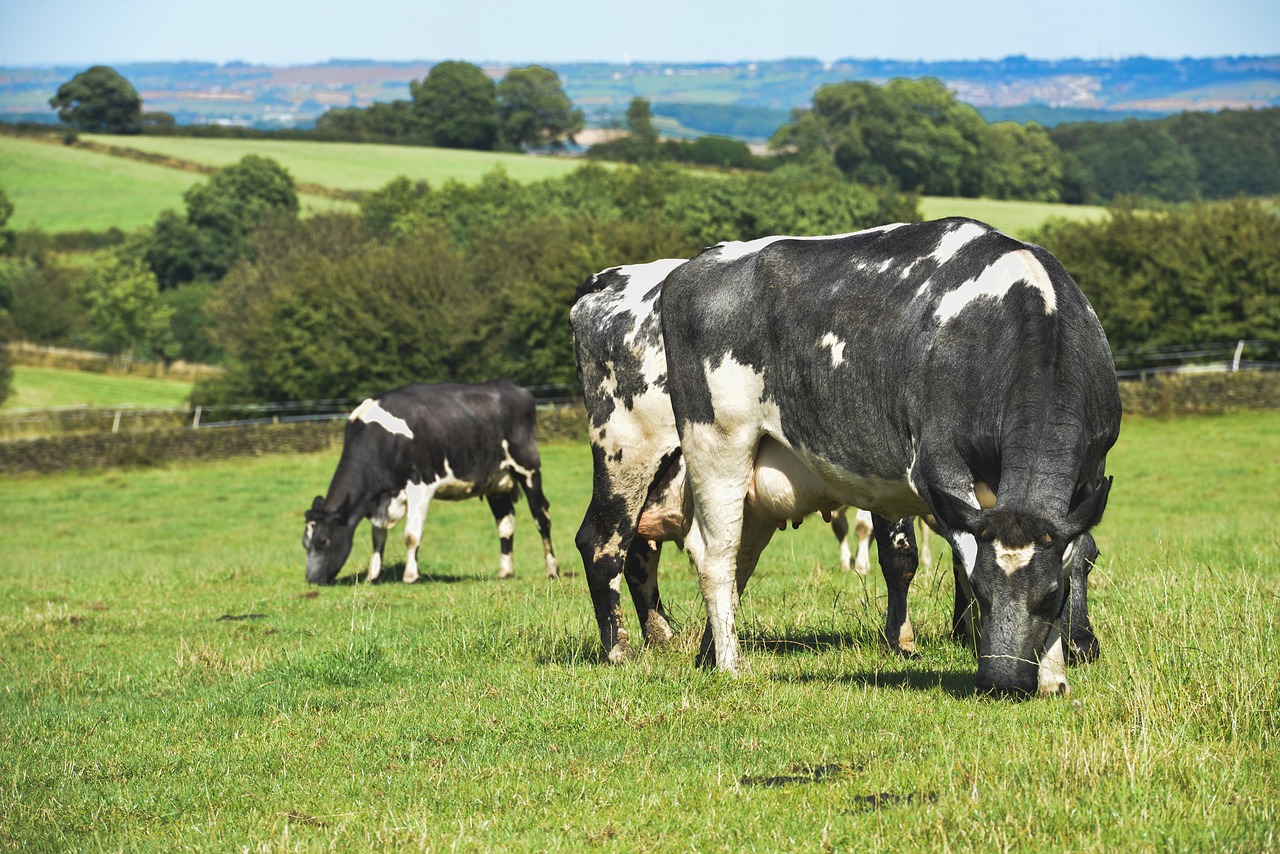

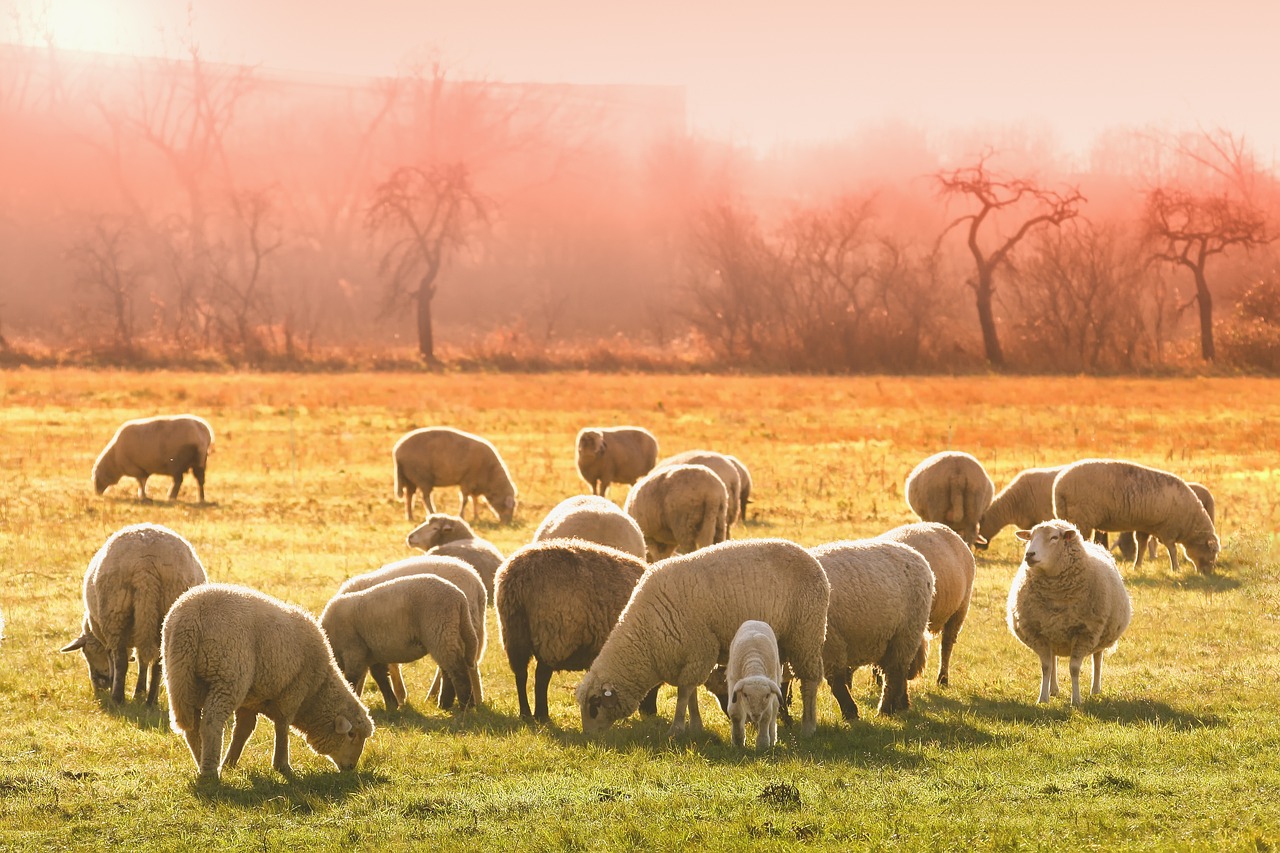
Matt Burton: Why do you think British Farmers aren’t protesting on the scale of our European neighbours?
It’s not in the British psyche to protest, we are a nation of cap doffers. British farmers came to rely on the French to push back against bad trade deals and policy. We should have followed the French and had a revolution!
Steve Wilson: In the Save British Farming petition, you mention a number of demands: fair trade, protecting standards, food labelling, labour shortages, funding and sustainability. Which of these is the most pressing and how could the situation be eased in the short-term?
All of these are a priority for British farming, fish and food and without doubt we need to get rid of trade barriers with the EU just to ensure we have enough food. Food production in the UK (particularly England) has collapsed and the Ukraine war and recent weather events have worsened this. The only way to guarantee food supply is to work to get back in the EU asap. I have communicated this to Labour and I believe others have too. Longer term for British farming we need a food plan and a government which values British food (this includes fishing). A country which cannot feed itself does not have sovereignty!
Anon: How do you deal with a lack of understanding by the public re Brexit-related issues such as trade barriers, new import charges, “not for EU” labelling etc., & would you say that the farming community is, on the whole, better informed in this regard?
The farming community is not well educated generally. Most are older and have insular lives. They are learning, and with our campaign we have to tread a careful line on Brexit. This is likely why I appreciate Starmer’s difficulties as he tries not to trigger Brexit defenders! Our last demo definitely cut through and we feel we are making progress, but I am also grounded about the fact that the hard yards begin when Labour get into government. If the Tories win again, we accept the fight will be lost, because they won’t and don’t respond to what the people want.
Susan Scarrott: In July 2020 the Tories voted against protecting food standards for imports in post Brexit Trade Deals. Do you feel this was a deliberate attempt to undermine British Farmers to open the door for cheap imports?
Yes, most certainly the Tories want to lower standards here and also in the EU. They are largely working for the IEA who are funded by big USA corporations. In September 2020, I met with Henry Dimbleby who was in charge of writing the failed food plan. I asked him why he voted Brexit. He replied, “Oh that’s easy! Because post war policy has led to over intensification and over population.” I believe the drive for Brexit was always about allowing global corporations e.g. Cargill/Avara control of our food supply, leading to a total loss of control. It is maddening that Brexit was won on a false prospectus. People thought they were voting for more Britishness and more control, when the opposite is true.
Derek Ironside: Is there now a consensus in the British Farming Industry that feel it would beneficial to rejoin, at minimum, the Single Market?
The farmers who voted remain absolutely want to rejoin the EU! Many who voted Brexit don’t want to talk about Brexit, but are happy to moan about what it’s doing. We don’t want to rub their faces in it and don’t need to at this stage. We just need to lead them to support our efforts to build pressure to ensure this happens. We don’t need a Spanish inquisition type situation where people are forced to become blue flag wavers. Being smart about this is how we will win!




